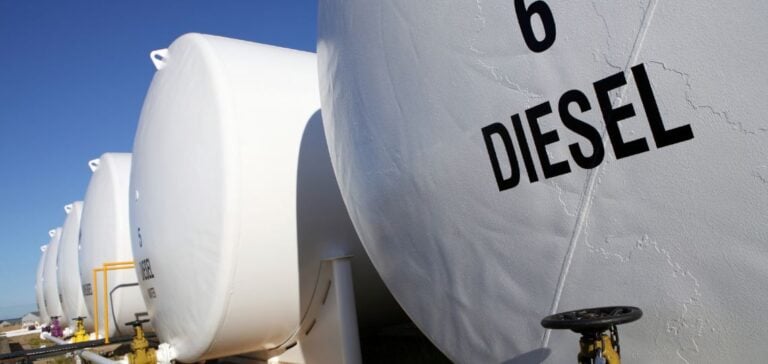Diesel deliveries to Brazil for the week ending December 8 indicate a dominance of the United States over Russia, according to forecasts from S&P Global Commodities at Sea (CAS). Brazilian ports are expected to receive approximately 3.8 million barrels of gasoil and diesel, a 24% decrease compared to the previous week.
The United States is projected to deliver 1.9 million barrels, surpassing Russia’s 1.8 million barrels by 102,738 barrels. These deliveries represent a notable 6% increase for the United States over Russia. However, the overall volumes of gasoil and diesel have declined compared to the 5 million barrels scheduled for the previous week.
Major Ports and Expected Volumes
Among Brazilian ports, Paranaguá, located in Paraná State in the southern region, is set to receive the highest diesel volume, with approximately 1 million barrels expected. Santos, in São Paulo State, follows as the second major port, with 928,539 barrels scheduled for delivery. These two ports play key roles in the distribution of imported fuels within the country.
Impact on Importers and Prices
Despite these import flows, the economic context remains challenging for Brazilian distributors. According to a report by the Association of Brazilian Fuel Importers (Abicom) released on November 22, domestic diesel prices were, on average, 5% lower than import parity levels. This situation complicates conditions for medium- and small-sized distributors, reducing their interest in further imports.
Moreover, the premium for diesel originating from the United States compared to other origins in southern Brazil remained at 4.75 cents per gallon as of November 28, according to Platts, part of S&P Global Commodity Insights. This figure is higher than the premium observed a week earlier, which stood at 3 cents per gallon.
Future Trends and Uncertainties
Despite the increase in U.S. deliveries this week, the overall decline in imported diesel volumes raises questions about the sustainability of these flows. Price fluctuations and the dynamics of the Brazilian domestic market will be critical factors in the weeks ahead, particularly for smaller distributors.






















